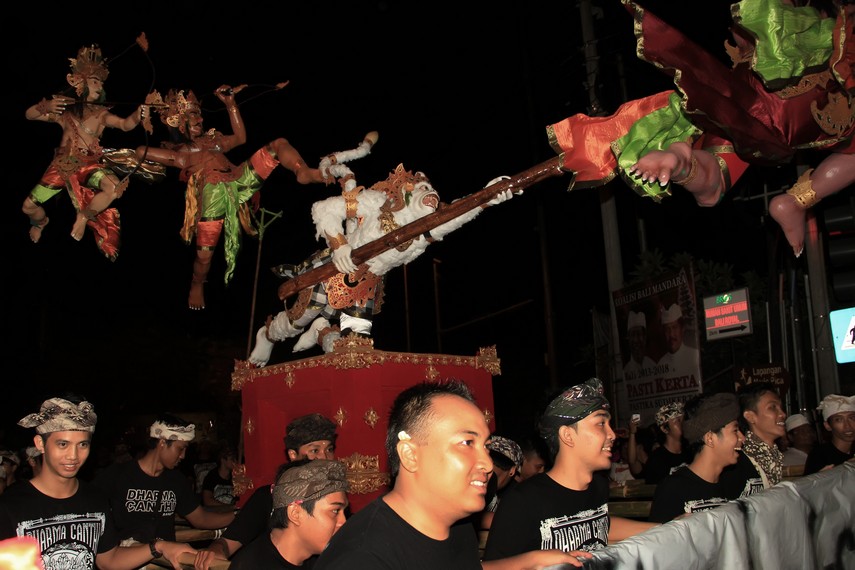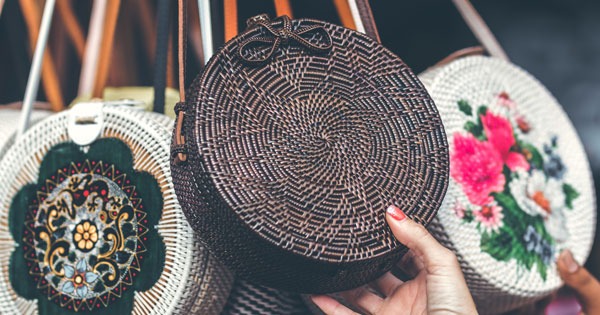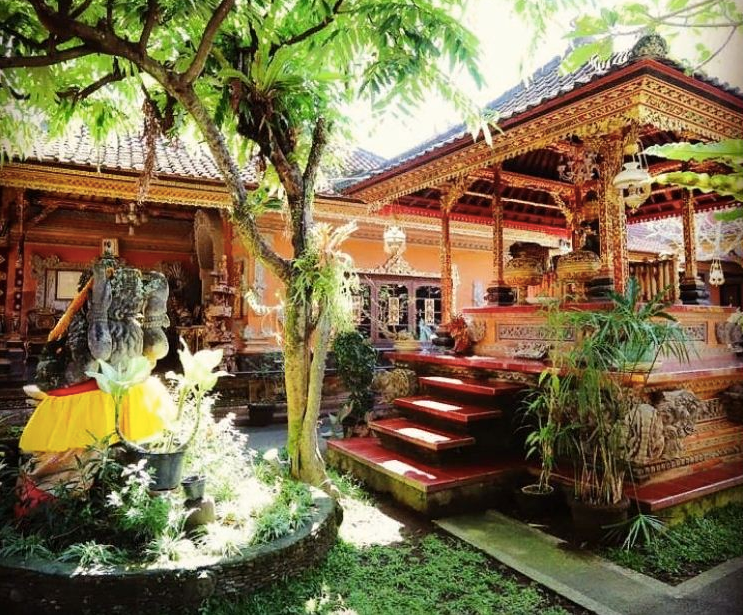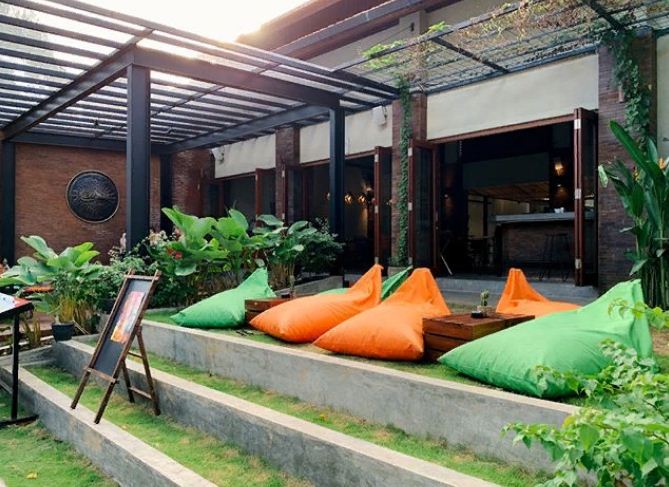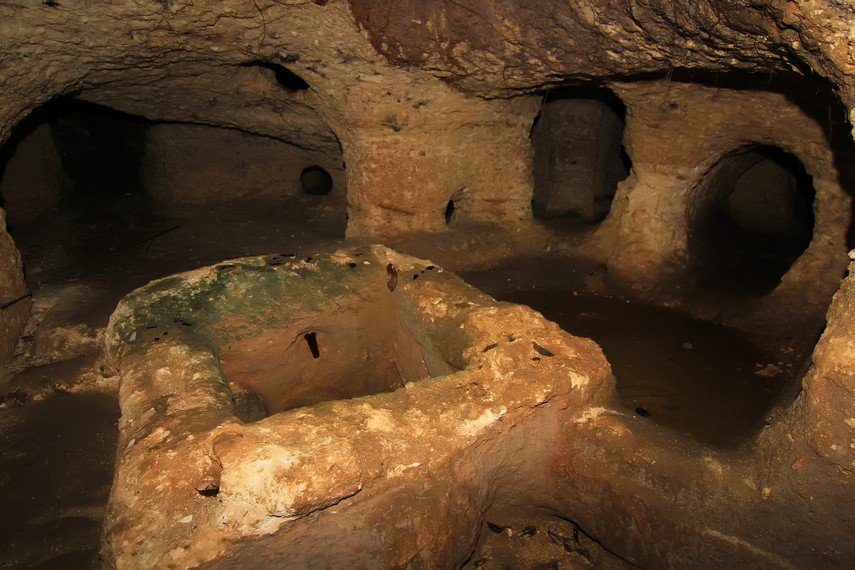Balitraveldiary.com – Ahead of Nyepi Day, Hindu communities undergo a number of special rituals which are essentially efforts to purify themselves and the environment. On 2-4 days before Nyepi, the community purifies themselves and the worship device is temple through the Melasti Ceremony. Meanwhile, one day before Nyepi, the blind Yadnya (Bhuta Yajna) ritual was performed. Yadnya blindness is a series of ceremonies to ward off blind presence when it is a manifestation of negative elements in human life. In the Blind Yadnya series, there is the Ogoh-ogoh parade tradition which makes it a vibrant annual festival and a tourist attraction.
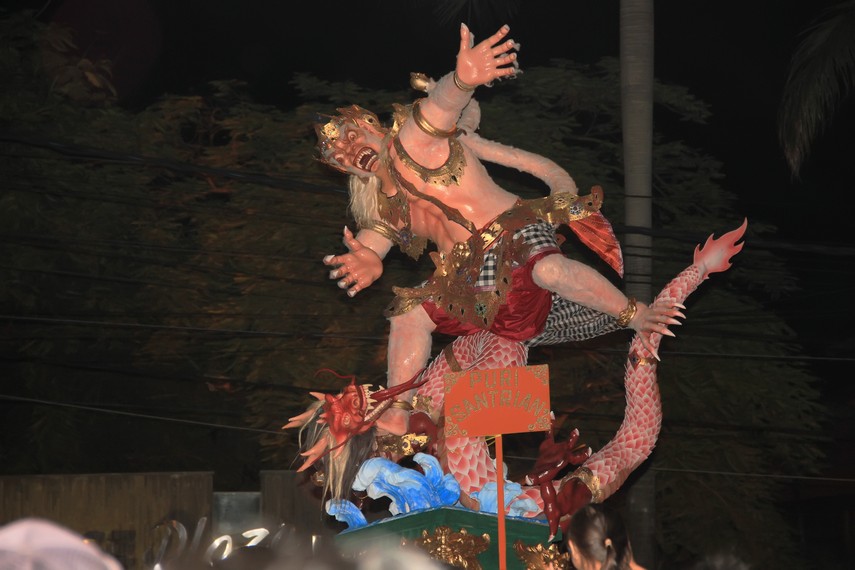
Yadnya blind consists of two stages, namely the ritual Mecaru (renewal) and Ngrupuk (dredging). Mecaru is a ceremony of offering various offerings (caru) to the blind when. This ceremony was held from the family level, banjar, district, district, city, to the provincial level. Ngrupuk is a ritual touring the settlement while making sounds accompanied by spreading rice tawur and spreading incense smoke or torches in a crowd. Ngrupuk ritual that is usually done in conjunction with ogoh-ogoh procession aims to keep the blind when along with all other negative elements away and not interfere with the lives of humanity.
Ogoh-ogoh are dolls or statues of various forms that symbolize the negative elements, vices, and evil that surround human life. The doll was once made from a bamboo frame covered with paper. Over time, most ogoh-ogoh today are made with styrofoam as a basis for producing finer three-dimensional shapes. Making ogoh-ogoh can take place since weeks before Nyepi. The time of making an ogoh-ogoh can vary depending on the size, type of material, the number of human resources working on it, and the complexity of the design of the ogoh-ogoh.
Generally, each level of society from the banjar level will make ogoh-ogoh belonging to their area. Teenagers in one area generally want ogoh-ogoh belonging to their region to be superior to ogoh-ogoh belonging to other regions. For this reason, aside from being part of traditional rituals, the process of making ogoh-ogoh is also a place for the outpouring of local youth creativity. The making of ogoh-ogoh and technical procession of the procession are usually managed in a committee formed by Sekaa Teruna Teruni (a kind of youth organization) in each banjar.
Ngrupuk and ogoh-ogoh marches are held in unison one day before Nyepi or tilem sasih kesanga in every banjar throughout Bali. The parade preparations usually start in the afternoon and the march will last until midnight. In order to be able to run in an orderly manner, the Government of Bali then issued a number of policies, including in the form of controlling the parade route, concentrating crowd spots, and contending the creativity of ogoh-ogoh designs made by the community. A number of these efforts were made to prevent friction between the pageantry from various regions and at the same time packing this annual event to be an interesting spectacle for migrants, especially tourists.
For the Denpasar area, the ogoh-ogoh parade crowd can be found in several places. One of them is around the Puputan Chess Statue, which is the center of the Denpasar City square, with the route Chess Statue Advance-Jalan Hasanuddin-Jalan M.H. Thamrin-Jalan Gajah Mada-Face Chess Statue. In addition, the ogoh-ogoh parade crowd was also held at the Kuta Ground Zero monument, with the Ground Zero route – Jalan Raya Kuta – Singosari Street – Kuta Beach – Ground Zero. In addition to the two regions, the ogoh-ogoh parade held centrally can also be found in the Renon area. The march in the Renon area runs through the McDonald’s Sanur route, through the Ngurah Rai Bypass, then turns west and ends at Jalan Hang Tuah.
Visit too: Hello Indonesia The long history of tor-tor dance

